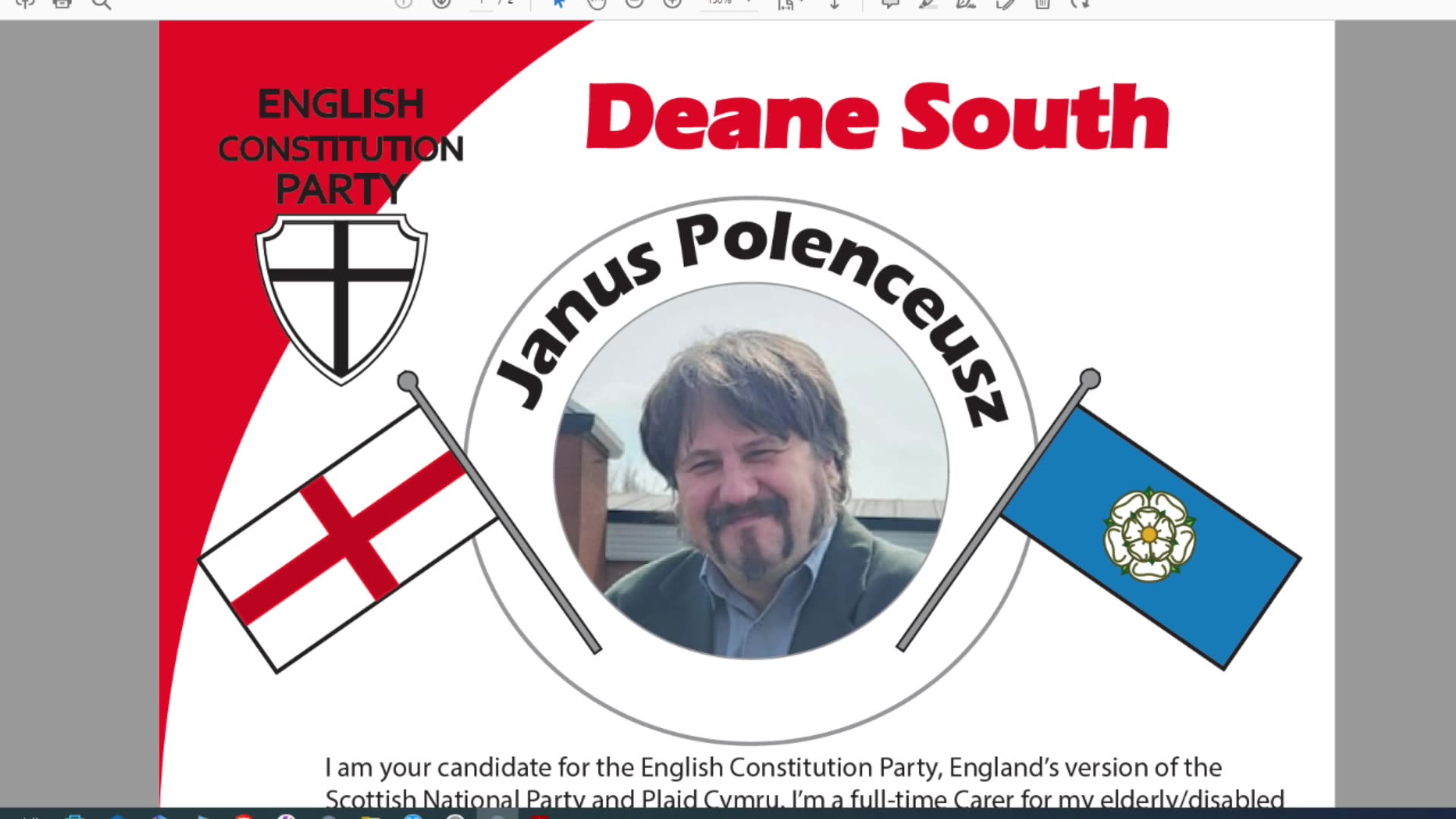The English Constitution and where America got her Constitution from.
If you always thought Britain was England, your in for an education. The British are a supranational state no different from the USSR, EU, Yugoslavia. GB is an Island containing two Countries and a principality.
A narcissistic government, whether grandiose or vulnerable, exhibits traits similar to those seen in individuals with narcissistic tendencies. Here are the key characteristics of both types of narcissistic governments:
1. Grandiose Narcissistic Government:
Excessive Focus on Image and Power: A grandiose narcissistic government is obsessed with projecting an image of strength, superiority, and infallibility. It often engages in propaganda that highlights its achievements, often exaggerating successes and suppressing failures.
Lack of Empathy: Policies may be made without consideration of how they affect the common people. The leadership tends to prioritize its own interests and the interests of a select elite group.
Need for Admiration: The government constantly seeks validation from its citizens and other countries. Leaders may use speeches, rallies, and media to demand praise and loyalty from the population.
Aggressive Response to Criticism: Any form of dissent or criticism is seen as a personal attack. Critics are often silenced, marginalized, or discredited through smear campaigns or legal persecution.
Centralization of Power: Power is concentrated in a small group or even a single leader, often disregarding democratic checks and balances. Decision-making is highly controlled, and transparency is limited.
Grandiose Vision: The leadership may present overly ambitious or unrealistic plans, often framing itself as the savior of the nation or as having a historic mission. There is often a focus on nationalist or expansionist ideologies.
Example Behaviors:
Suppressing opposition parties or the media.
Constantly boasting about achievements while denying or hiding failures.
Portraying the government as essential to the nation's identity or future.
2. Vulnerable Narcissistic Government:
Insecurity and Victim Mentality: A vulnerable narcissistic government is hypersensitive to criticism and often frames itself as being under constant attack, both from internal and external "enemies." It may use this perceived victimization to justify aggressive policies or actions.
Blame-Shifting: The government tends to blame others (e.g., past governments, foreign powers, or internal minorities) for its own failings. It rarely takes responsibility for problems, even when they are a direct result of its policies.
Emotional Manipulation: The leadership often appeals to the emotions of its citizens, using fear, anger, or sympathy to maintain control. They may portray themselves as misunderstood or the only ones who truly care for the nation's future.
Inconsistent Policies: Due to its insecurity, this type of government may frequently change direction, policies, or alliances, driven more by its perceived emotional needs than by pragmatic concerns.
Passive-Aggressive Behavior: Instead of direct confrontation, a vulnerable narcissistic government may engage in passive-aggressive tactics, such as withholding information, making veiled threats, or quietly undermining opposition.
Overreaction to Perceived Slights: Like vulnerable individuals, this government can overreact to even mild criticism, leading to disproportionate or irrational responses.
Example Behaviors:
Constantly shifting blame for economic problems onto foreign countries or past administrations.
Playing the victim of global conspiracies or internal sabotage.
Frequently using emotional appeals to the population, such as claiming the government is the only protector of the people’s interests.
Asking the Public:
Do you think the government you live under exhibits traits of narcissism?
Do they seek constant validation and admiration?
Do they suppress criticism and dissent, framing it as personal attacks?
Do they blame others for their own shortcomings?
Do they make unrealistic promises or project themselves as the sole solution to the nation’s problems?
Do they engage in emotional manipulation, using fear or anger to maintain control?
Consider the actions and behaviors of your government, and reflect on whether they align with the traits of a grandiose or vulnerable narcissistic leadership.
Watch and share this video, more to come. We are far further down the path of complete removal as a nation than America.
People please give a big shout out to Maxine and Janus for standing.
please bookmark, retweet, and comment
https://twitter.com/grahamHmoore/status/1654079115979358208?s=20

#NotMyKing and the True Story of Thomas Pellow. Our great nation of England and the British Isles was once under constant fear and attack. Our people enslaved and castrated. Cornwall was decimated by slavers. Yet the #NotMyKing seems not to know the story of Cornwall. Instead he and his servants pretend that none of this happened and is happening again.
The Duchy of Cornwall for how many years? You must know of the story about Thomas Pellow. You ignore the plight of our people at your own risk! @RoyalFamily
Join us at Runnymede JFK Memorial in Surrey as we celebrate the birthplace of liberty and freedom - England! From the Magna Carta to the common law of England, our country has been a beacon of liberty and justice for centuries. And on this special occasion, we're proud to celebrate the man who fought for these principles - Granville Sharpe.
Granville Sharpe was a passionate advocate of the abolition of slavery and the rights of the individual. He was a pioneer of human rights in England and played a major role in shaping the English common law we have today. His tireless efforts paved the way for the freedoms we enjoy today.
But Granville Sharpe was just one of many who stood up for liberty, freedom, and the rule of law. From the Suffragettes to the Chartists, from the Levellers to the Diggers, from the abolitionists to the anti-apartheid campaigners, our history is full of heroes who fought for the cause of liberty and justice.
We also remember the brave working-class souls of Peterloo ...













